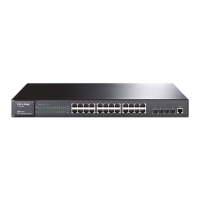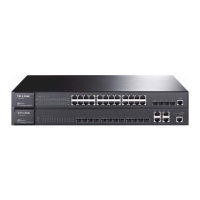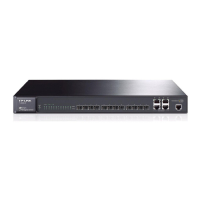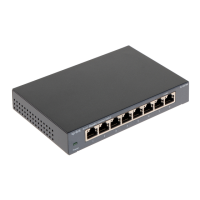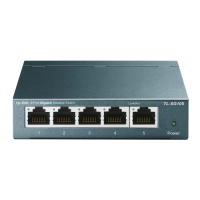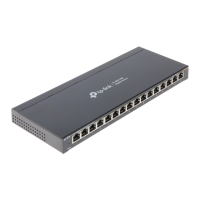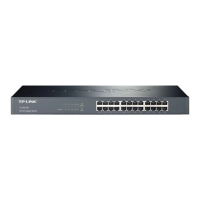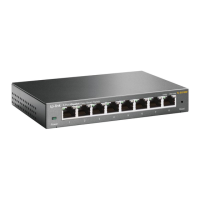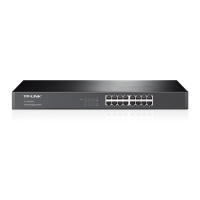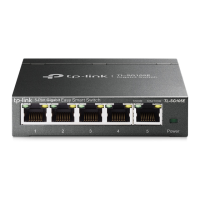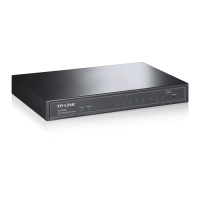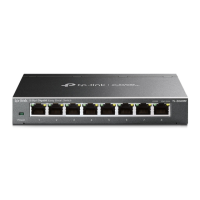Command Line Interface
4-100
4
SNMP Commands
Controls access to this switch from management stations using the Simple Network
Management Protocol (SNMP), as well as the error types sent to trap managers.
SNMP Version 3 also provides security features that cover message integrity,
authentication, and encryption; as well as controlling user access to specific areas of
the MIB tree. To use SNMPv3, first set an SNMP engine ID (or accept the default),
specify read and write access views for the MIB tree, configure SNMP user groups
with the required security model (i.e., SNMP v1, v2c or v3) and security level (i.e.,
authentication and privacy), and then assign SNMP users to these groups, along
with their specific authentication and privacy passwords.
Table 4-37 SNMP Commands
Command Function Mode Page
snmp-server Enables the SNMP agent GC 4-101
show snmp Displays the status of SNMP communications NE, PE 4-101
snmp-server community Sets up the community access string to permit access to
SNMP commands
GC 4-102
snmp-server contact Sets the system contact string GC 4-103
snmp-server location Sets the system location string GC 4-103
snmp-server host Specifies the recipient of an SNMP notification operation GC 4-104
snmp-server enable traps Enables the device to send SNMP traps (i.e., SNMP
notifications)
GC 4-106
snmp-server engine-id Sets the SNMP engine ID GC 4-107
show snmp engine-id Shows the SNMP engine ID PE 4-108
snmp-server view Adds an SNMP view GC 4-109
show snmp view Shows the SNMP views PE 4-110
snmp-server group Adds an SNMP group, mapping users to views GC 4-110
show snmp group Shows the SNMP groups PE 4-112
snmp-server user Adds a user to an SNMP group GC 4-113
show snmp user Shows the SNMP users PE 4-115
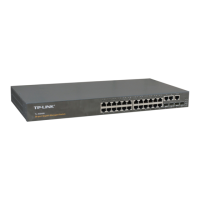
